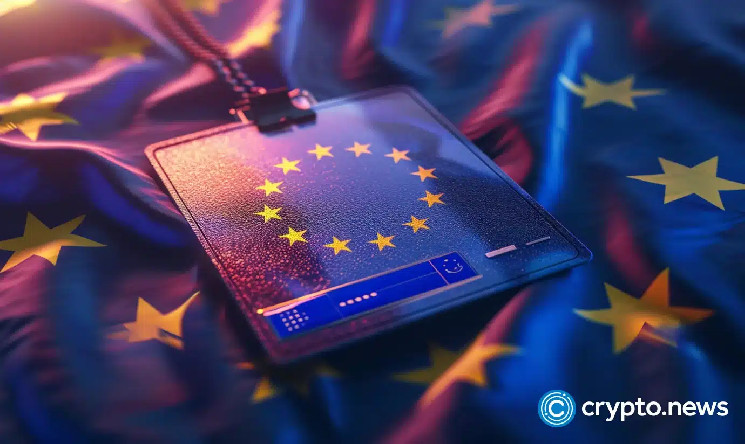Nibras Stiebar-Bang believes blockchain can help the European Union’s digital identification initiatives.
The European Union’s move towards a uniform digital identification system aims to increase regional convenience and security. However, Concordium CTO and CPO Nibras Stiebar-Bang cautions that such efforts must balance greater access with strict privacy safeguards.
In an interview with crypto.news, Stiebar-Bang acknowledged the intention behind standardized digital IDs to facilitate identity verification for citizens accessing services in all EU member states.
“It will provide additional convenience for both citizens and institutions that require identity verification,” he said.
However, the blockchain expert warned that such convenience cannot undermine the protection of personal data. “Privacy and data protection” must remain priorities, Stiebar-Bang stressed, noting concerns around increased “digital surveillance” and centralized data storage that could be attractive targets for hackers.
Limiting privacy pitfalls
According to Stiebar-Bang, the success of digital ID systems depends heavily on implementations in individual countries and the blockchain solutions they choose to support identity management.
He emphasized the importance of decentralized platforms with robust identity layers that integrate zero-knowledge proof technology. Such cryptography enables identity verification without revealing personal data, giving users control over what information they share.
Policymakers in the EU should also increase understanding of these privacy-protecting capabilities through public outreach, Stiebar-Bang advised. Citing prevailing citizen concerns about surveillance, he said communicating how ZK-proofs and decentralized systems function will be critical to public trust.
The need for collaboration
While the EU plans for blockchain to strengthen the security and privacy of digital IDs, Stiebar-Bang warned that successfully delivering on this promise will require close collaboration within the industry.
“Leaders in the blockchain industry need to be involved in these conversations and pilot initiatives,” he said. In addition to advising on implementations, he recommended promoting research partnerships with universities to integrate diverse expertise.
Leveraging guidance from established players such as the EU can overcome pitfalls to realize the social promise of digital IDs. But an inclusive, transparent approach remains essential.
“If implemented properly,” Stiebar-Bang added, a self-sovereign digital identity could give citizens unprecedented control over their personal information – a “major milestone” in itself.

